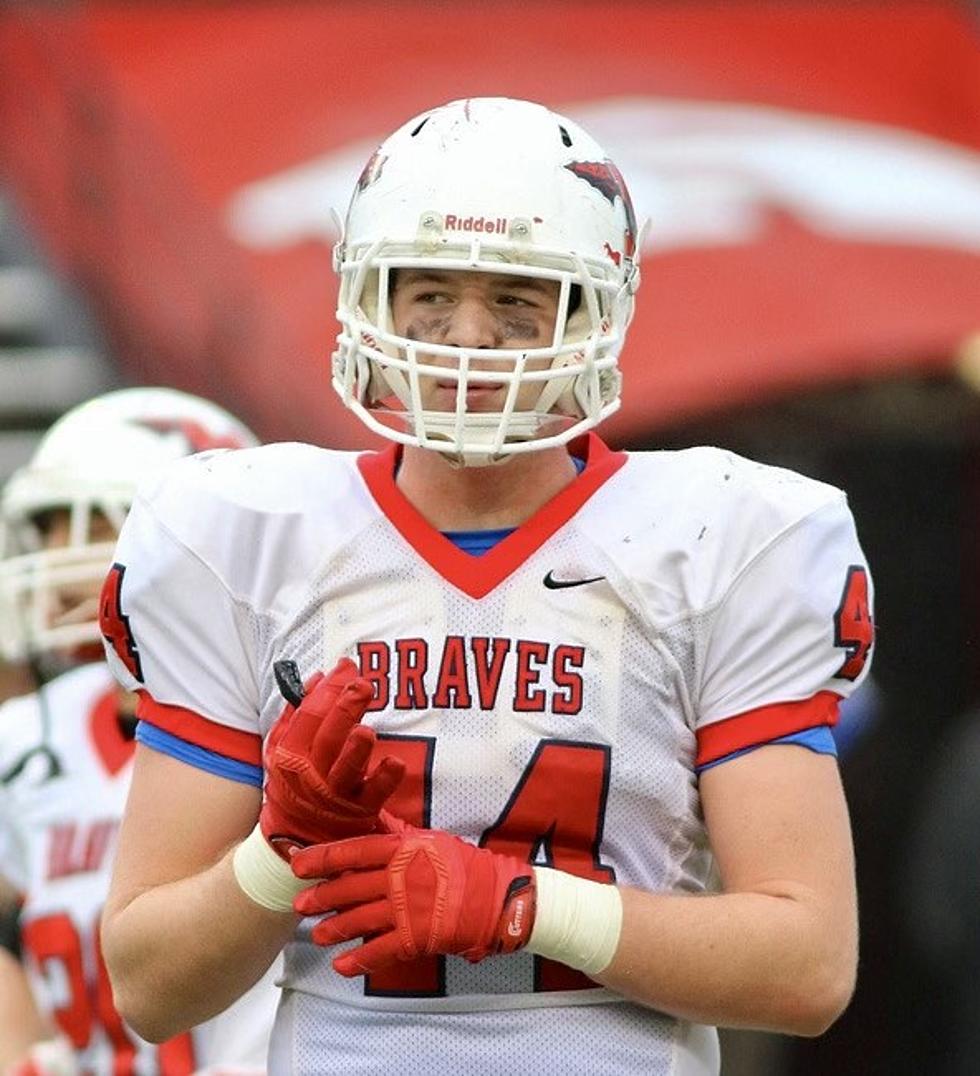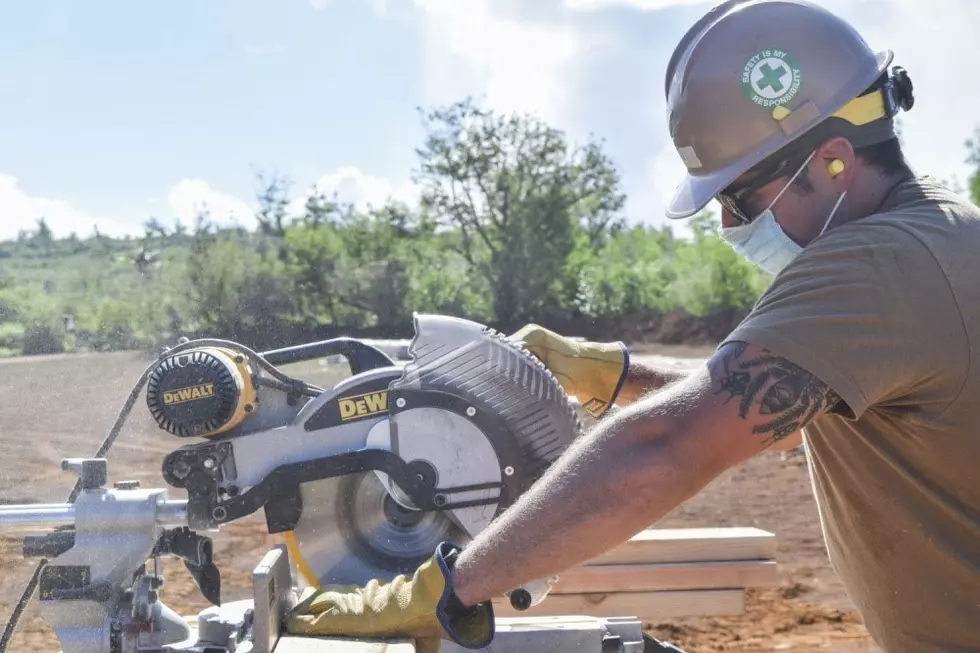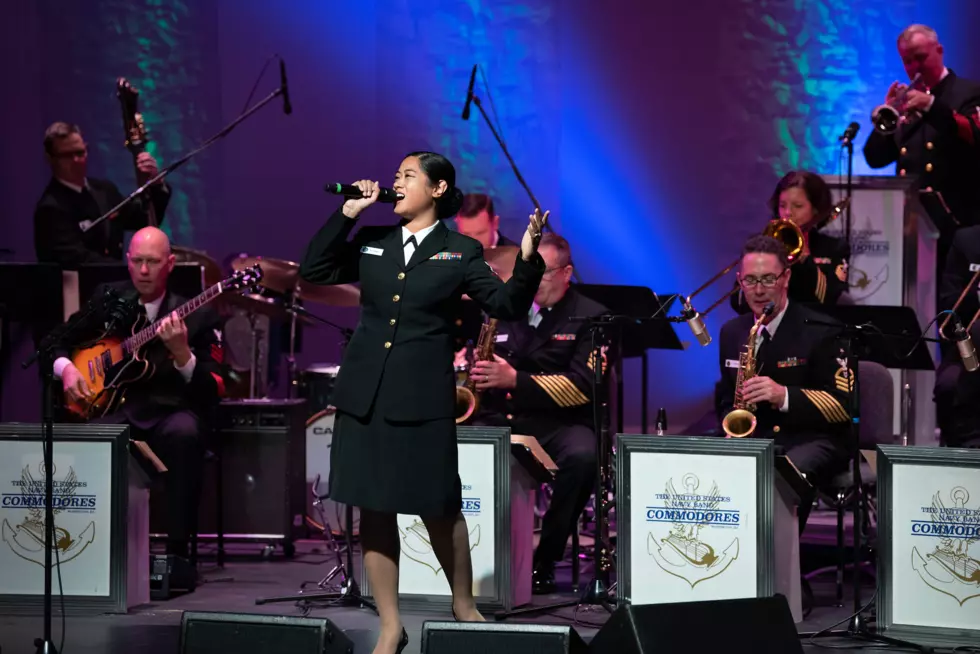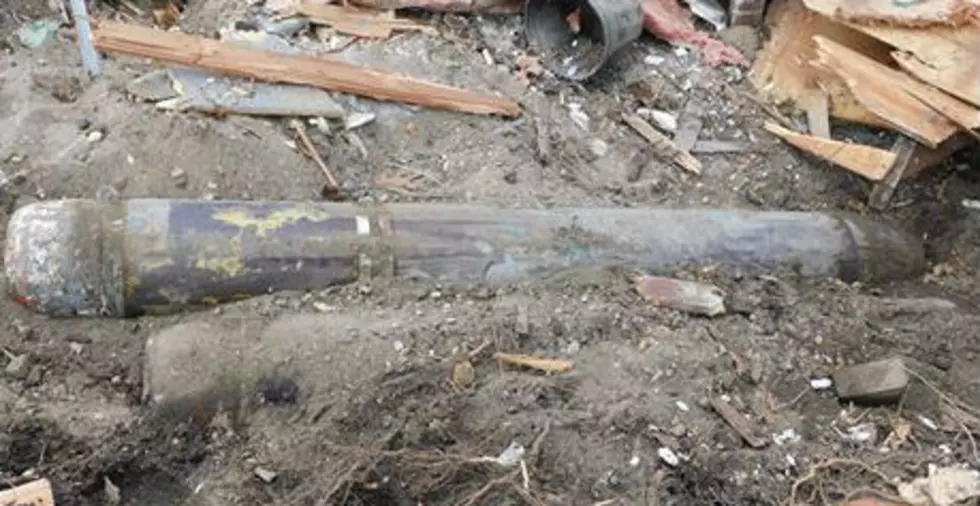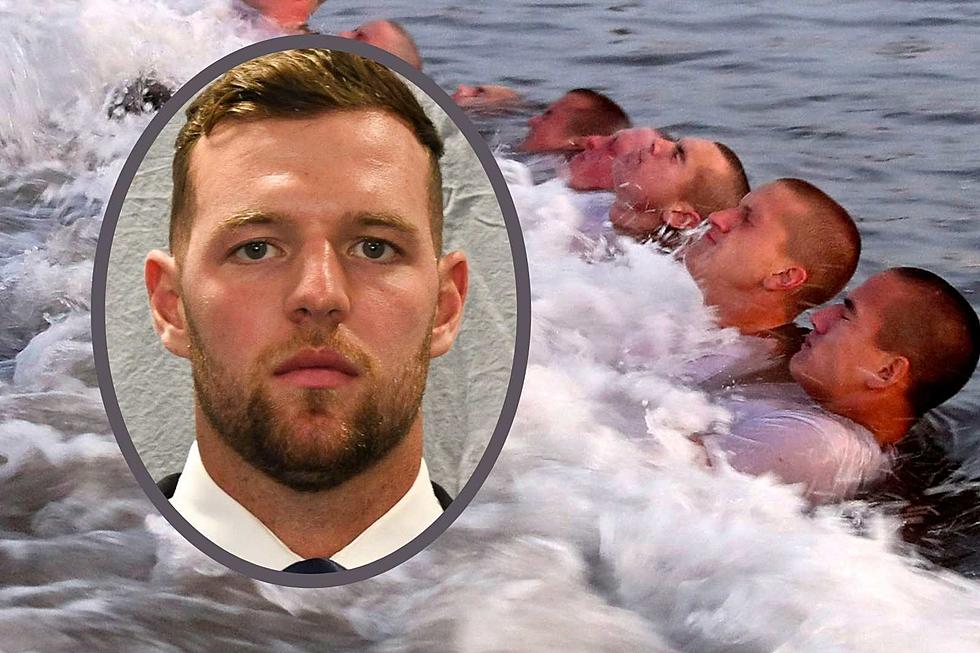
Several months after Manalapan, NJ Navy Seals trainee’s passing his mom still looking for answers
It's been a nightmare journey for Regina Mullen over the last few months after losing her 24-year-old son Kyle following 'Hell Week' training with the U.S. Navy Seals out near San Diego, and while some information has come out there are a lot of unanswered questions she seeks answers and accountability for and action for what happened and what didn't happen.
The former Manalapan High School football star who went onto Yale and Monmouth Universities passed away following 'Hell Week' training in a death that could and should have been avoided.
His mom, Regina, has spent months looking and searching for answers and accountability to answer a cascade of questions and is working to ensure something, anything like this never ever happens again to anyone.
"The reason why he died was that the medical team -- that they're supposed to have to be the safety net for the men -- they're supposed to be looking at them and seeing if they're compromised in any way or need medical attention. They weren't providing it to the men and they were making them ring the bell first before getting medical attention, which is wrong, they're not supposed to do that, and that's what they were doing. They're (U.S. Navy) also underreporting their medical injuries, deaths, and what-have-you because they don't want the world to know," Regina Mullen told Townsquare Media on 'Shore Time with Vin and Dave' on 94.3 The Point and 105.7 The Hawk, on Sunday. "He (Kyle) gets through the first three weeks of the budge training, it started with 209 men, the fourth week was 'Hell Week', there were 54 men left."

While she doesn't know the full scope of drills and training that goes on during that last week, she does know that some of the conditions these men were training in weren't healthy.
"I do know that they swim in freezing cold water and potentially high bacteria in the water that they're (Navy) not checking, potentially. Many of the beaches are closed to the public, yet they are training in it -- it's like fecal matter and bacteria," Mullen said.
By Wednesday of that 'Hell Week', Kyle started becoming ill from the conditions.
"My son got SIPE -- Swimming Induced Pulmonary Edema -- where he was even put on oxygen by the medical team, and they knew he was compromised with that SIPE, yet, they wanted him to finish -- I guess the SEALS, whoever -- and so 21 men were left, I believe, Wednesday afternoon and then they finish on Friday morning, so he (Kyle) continually got worse because he continually was put through the training -- whether it's not sleeping and surf tortures -- and he rode a boat miles and miles around the island Thursday night into Friday morning," Mullen said. "I know that he was basically not able to walk almost, at that point, being carried, his arms were over some other man walking him to the finish line. At the finish line, there are eyewitnesses saying that he was spitting up blood -- which is from that SIPE -- which turned into, basically, pneumonia, but they get a brown shirt and put them on the floor in the barracks, they put them two to a room and being that there were 21 (men) my son was in a room by himself."
Many of the men, including Kyle, continued to battle some kind of illness and rough conditions that week and in the barracks as well, Mullen explains, and the medical team was "let go" because they were working for five days straight.
Out of all the men in the barracks those last couple of days, Kyle was in the worst shape.
"They're very beat up between chaffing -- from the sand -- and then you have bacteria, they're getting cellulitis, they're dehydrated, they're in really bad shape -- many of them have pneumonia or SIPE which turns into pneumonia -- and, supposedly, he (Kyle) was in such bad shape that all the men said 'check Kyle first'," Mullen said. "The medical team did not check him at all -- it would be impossible, they should have put him in -- all of them should have immediately been put into a hospital and monitored for 24 hours, at minimum, at a bare minimum -- they're getting all this funding, yet the medical is complete trash and not existent, in my opinion, or, if it is, it's barbaric."
She said there were different men assigned to check the rooms that were not on the medical team and in essence, if anyone needed serious medical attention like Kyle and some of the others did, the staff on site was not allowed to alert a hospital and get them the care they needed.
"They only have non-medical personnel, like two 19-year-olds and one 21-year-old -- they were assigned to check different men, they were assigned to check the rooms where the men were sleeping in the barracks. Three men arrived in my son's room and he was sitting up apparently spitting blood and in severe pain -- his lungs -- and they called the medical team and the person on the phone -- because they're told not to go -- they're not allowed to go to outside buds medical for whatever reason, they don't want the world to know the conditions of the men -- it's like they're told they're not allowed," Mullen said. "So, they call the buds medical, who were not on base, the man, whoever answered the phone, they gave the phone to my son, Kyle, I'm told, and said 'if you go to medical outside of the bud, you can risk getting dropped and the men in the room who called would be in trouble' -- my son would never get anybody in trouble not would he ever risk getting dropped, so he said 'okay', he figured he'd sleep through the night and he'd be okay."
Mullen said they laid "Kyle down on the mattress and -- died in a 19-year-old boy's arms, turned blue."
Meanwhile, down the hall, another Navy Seal Trainee was fighting for his life as well and someone did call 911 but it was someone in that specific room.
"A young man was not breathing well, the boy checking on him called his father -- his father's a doctor -- and saw his lips blue, so, that father of that boy said 'get to the hospital, you're going to die -- they called 911 from that room, which, they didn't care if they were going to get in trouble -- so outside paramedics came to the base, initially for that kid, but my son had died around the same time, so they diverted and went to my son's room where there was blood," Mullen said. "The paramedics tried to revive him for a half-hour. I specifically spoke to the paramedics, and he said, 'there was blood everywhere and he tried to revive him for a half-hour' -- why my son went to a community hospital, I have no idea, as opposed to Navy."
She said three men went to the hospital with pneumonia, one was intubated and the other two were on oxygen.
For Regina, it took four months for her to receive an autopsy from the Navy on Kyle, something that took her significantly less time.
"I did my own autopsy as well, I knew it was pneumonia, mine came back a lot quicker than theirs, which is insane to me, they knew all along, they knew day one, they had to have, there's no way you can see that he didn't die from pneumonia then but they were lying," Mullen said.
Whether it was the Navy or NCIS, there was no real explanation on why it took so long.
"They're trying to figure out, probably, how they're going to cover their butts, what they were going to say to the public," Mullen said. "I don't know what they're still going to say because NCIS is -- their investigation is under review for completion, there's a commander investigation where, apparently, the admiral is reading it. He must be a very slow reader because it's been two weeks since I know it was given to him. I think there needs to be a Miltiary Trial, I'm demanding one, I'm demanding independent oversight and demanding a medical team that's compenant and I'd like to know what their training is -- nobody gives me answers."
From the time she learned of Kyle's passing and in the first days and weeks, Mullen said that she didn't get any concrete answers from the Navy.
"When I went out there -- their commander, I mean, he was trying to be, I guess, nice, but I was very upset with him and yelling at him and called him -- he's a murderer, which I believe that is -- how do you let the medical team go home, you're the commander and someone died on your watch and many men got injured and hurt, I guess that's their norm, getting injured and hurt like that -- and he said to me, 'well, I heard he was asked to go to medical twice' -- and I was like, 'really, you're teaching them pain is not what you think it is, grind it out, deal with it, continue on and 'in the next breath you're telling me that you asked him? where's your medical team? they should be telling him. So, that's incompentant and you're a commander and you're in charge of our military?'"
Mullen said that the very commander retired at the end of May.
You can listen to the full interview conversation with Regina Mullen which includes more on Kyle's passing, the investigation, and allegations of HGH/Steroid use by Navy Seals and Trainees, right here (starting at 14:38).
Honoring our Military and Veterans
First Responders Appreciation
When Ocean and Monmouth County Police saved the day
More From 94.3 The Point




